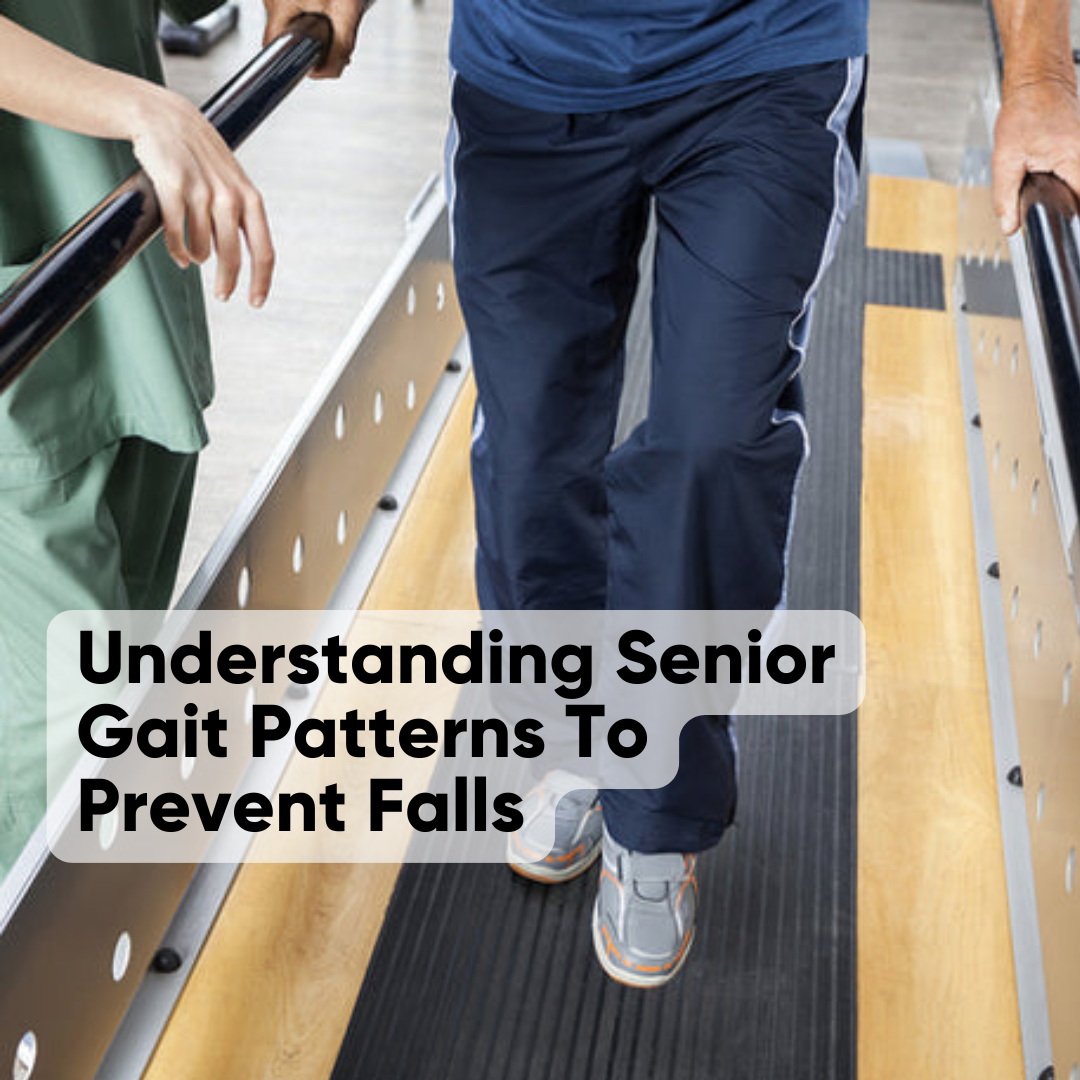Free SG local shipping for orders over $150. Express shipping options also available.
Menu
-
- Bestsellers
-
Mobility
-
Bathroom
-
Bedroom
-
Daily Living
-
About Us
-
- +65-8657-1657
- Contact Us
- Testimonials
- Product Reviews
- FAQs
- Login

Free SG local shipping for orders over $150. Express shipping options also available.
Add description, images, menus and links to your mega menu
A column with no settings can be used as a spacer
Link to your collections, sales and even external links
Add up to five columns
Add description, images, menus and links to your mega menu
A column with no settings can be used as a spacer
Link to your collections, sales and even external links
Add up to five columns
Educating Yourselves: Edema in Seniors
March 18, 2021 2 min read

What is Edema?
Edema is the medical term for swelling. Edema happens when your small blood vessels leak fluid into nearby tissues. That extra fluid builds up, which makes the tissue swell. It can happen almost anywhere in the body.
Seniors have typically a higher risk of edema due a few reasons such as physical inactivity, presence of multiple chronic health conditions, and the increase in types and amount of medication taken.
Importance of Edema Treatment
It is important to seek medical attention for treating edema. Left untreated, it could result in painful swelling, difficulty walking, stiffness, stretched or itchy skin, poor blood circulation, and reduced elasticity in arteries, veins, and joints. Extreme swelling often in the feet, ankles and legs, can also lead to skin ulcers. Contact a medical professional to get a proper diagnosis as soon as possible.
Is there anything we can do to manage the condition?
Minor lifestyle adjustments such as meals adjustments and increasing physical activity can have a significant beneficial effect on persons who are more prone to edema.
Opt for Healthier Low-sodium Meals

Food such as asparagus, leafy greens, pumpkin, onion, and garlic, naturally possess diuretic properties that can help balance fluid buildup. Aside from their diuretic effects, these foods are also excellent sources of vitamins, minerals, fiber and antioxidants.
Compression Therapy

If your loved one has a specific limb or area that is affected by edema, it could be beneficial for them to wear a compression stocking, sleeve or glove. Placing added pressure on the area during the day can prevent fluid from collecting there. These products come in a range of compression levels and it is important to check with your doctor to make sure the product is suitable to provide the right amount of pressure.
Ensure Proper Skin Care
Even if your loved one’s edema is under control, it can still cause a great deal of discomfort and affect their skin vulnerability. Be sure to keep the affected areas clean and dry, protected with shoes or clothing to avoid cracking and splitting. Not only are these injuries painful, but they can also become infected very easily.
Encourage Elevation
Resting with the affected limb above the heart can help prevent pooling and improve circulation. It can be difficult to get a loved one to keep their feet or arms elevated regularly throughout the day, but this is one of the simplest options to manage swelling. Geriatric chairs with elevating footrests may also help during the day.
Keep moving
Increased movement may help reduce swelling and eliminate excess fluid. Even the smallest movements and mildest exercise regimen can help get blood and lymph circulating and strengthen the cardiovascular system.
Shop exercise products here >>
By understanding the underlying causes and symptoms of Edema, discussing treatment options with your doctors and healthcare professionals, and encouraging lifestyle changes, we can keep our loved ones safe and comfortable.
Leave a comment
Comments will be approved before showing up.
Also in Health

Why You Should Consider Having an AED at Home
March 11, 2025 2 min read
Sudden cardiac arrest (SCA) is a leading cause of death worldwide, often striking without warning. While waiting for emergency responders, every second counts, and having an Automated External Defibrillator (AED) at home could mean the difference between life and death.


